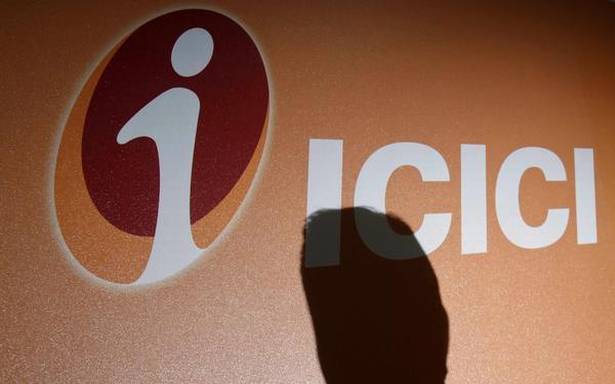However, the company reported good all-round numbers, including a 71 per cent growth in the key metric of value of new business premium.
ICICI Prudential Life on Tuesday opened the earnings seasons for the life insurance sector with a massive Rs 500 crore claims arising due to the coronavirus pandemic, leading to a Rs 186-crore net loss for the June quarter.
However, the company reported good all-round numbers, including a 71 per cent growth in the key metric of value of new business premium.
The second-largest private sector life insurer had booked a Rs 288 crore net profit in the year-ago period and Rs 64 crore sequentially, the company said.
New business premium grew by record 71 per cent on-year to Rs 2,559 crore, while the new business sum assured grew by a higher 89 per cent on-year to Rs 1.77 lakh crore, reflecting the strong growth momentum in the business during the reporting quarter.
The company has achieved market leadership position in new business sum assured with a market share of 14.7 per cent, up from 12.5 per cent on-year, including above the industry giant LIC, managing director and chief executive N S Kannan told PTI.
On the massive pandemic claims, Kannan said the company had a gross claim of Rs 1,100 crore from 5,000 insured, which translates into Rs 500 crore net claims (as the remainder of the claims is paid by the reinsurers). This is 2.5X of what it settled in the whole of last year — net paid only Rs 200 crore to 2,000 people.
Kannan further said all of the Rs 500-crore net claim is not paid yet but refused to share the exact settled amount, saying as a policy they set aside funds for the entire claims filed for.
Accordingly, it has set aside another Rs 500 crore for possible claims in the future, taking the overall COVID-19 provisions for the current fiscal to Rs 1,000 crore, he said.
However, citing the higher provision despite a massive drop in claims from the middle of June, Kannan guided towards better days ahead.
"We don’t see an encore of the higher claims in Q1 going ahead for three reasons — the rising vaccination levels as 40 crore of the over 90 crore adults have received the first dose, thus greatly diminishing the possibility of third wave; a sharp drop in both fresh cases as well as reported claims since the middle of June; and the higher provisions to avoid any future shocks coupled with the still higher solvency ratio at 190 per cent, making us well prepared for better days," he said.
"After all, we are a life insurer and we cannot be just be guided by profit and loss in times like the one we are passing through,: he added.
On the other numbers, he said the margin on value of its new business premium (VNB) expanded by 500 bps to29.4 per cent, while the annualised premium equivalent grew 41 per cent to Rs 1,219 crore.
Protection portfolio clipped at 26 per cent to Rs 270 crore, constituting 22 per cent of overall premium income. The company has been focusing on the protection portfolio since 2019 as part of its 2023 growth strategy.
Highlighting another key growth metric, he said the key 13-month persistency level significantly improved to 87.4 per cent from 84 per cent. The second year premium payment is important as it shows that the policy was not mis-sold.
Its new business sum assured grew by 89 per cent on-year to Rs 1.77 lakh crore.
The contribution from linked savings products stood at 44 per cent, traditional savings products at 29 per cent and protection products at 22 per cent inQ1, with the balance coming in from group savings products, he said.
Assets under management stood at Rs 2.23 lakh crore, a growth of 31 per cent on-year. During the quarter, the equity assets under management crossed the Rs 1 lakh crore mark, he said.
Kannan said the VNB growth was driven by a resilient business model, innovative product offerings and diversified distribution and product mix.
Investment income grew to Rs 9,609 crore from Rs 7,402 crore, reflecting the market rally.
The ICICI Prudential stock lost 3.7 per cent to Rs 603 on the BSE, while the benchmark Sensex tanked 0.7 per cent on pandemic worries.
Source: Read Full Article
